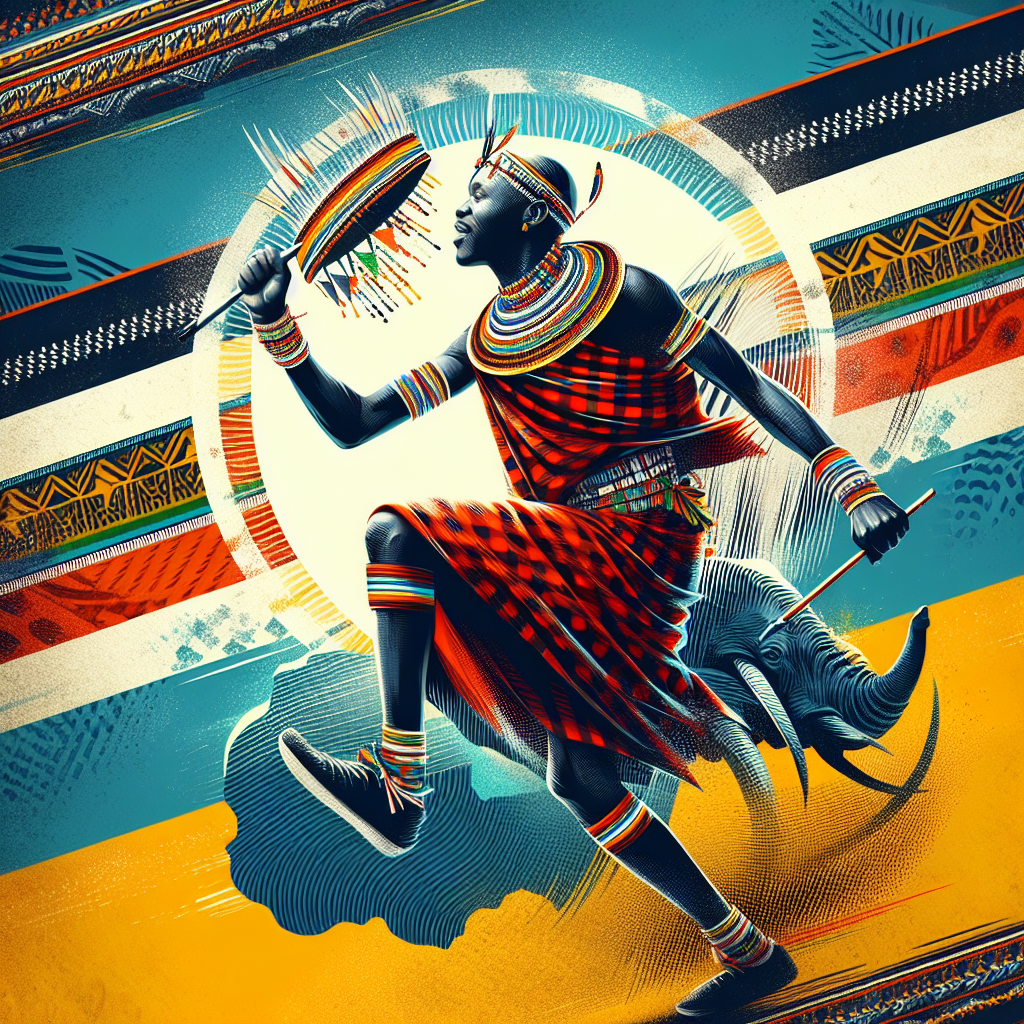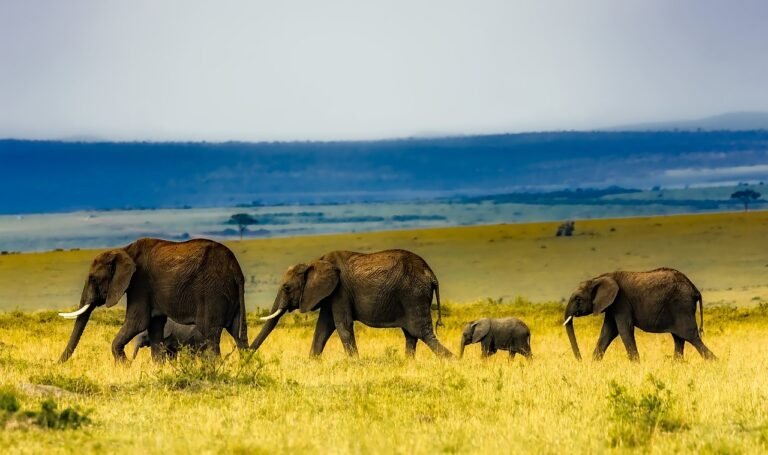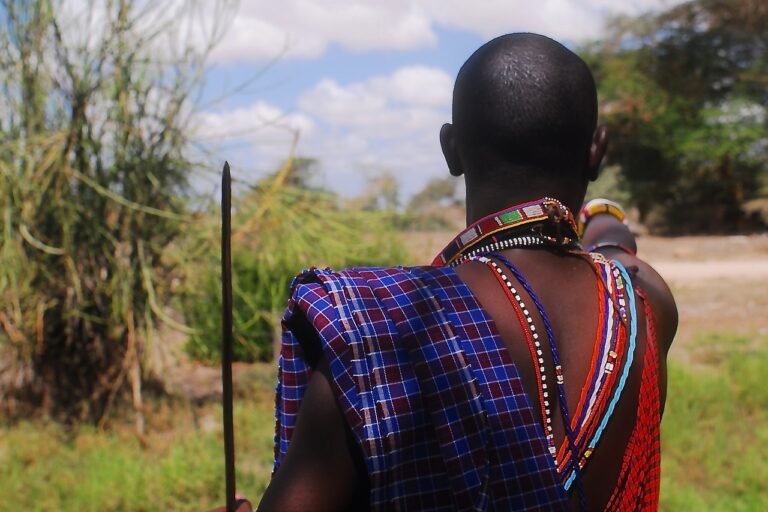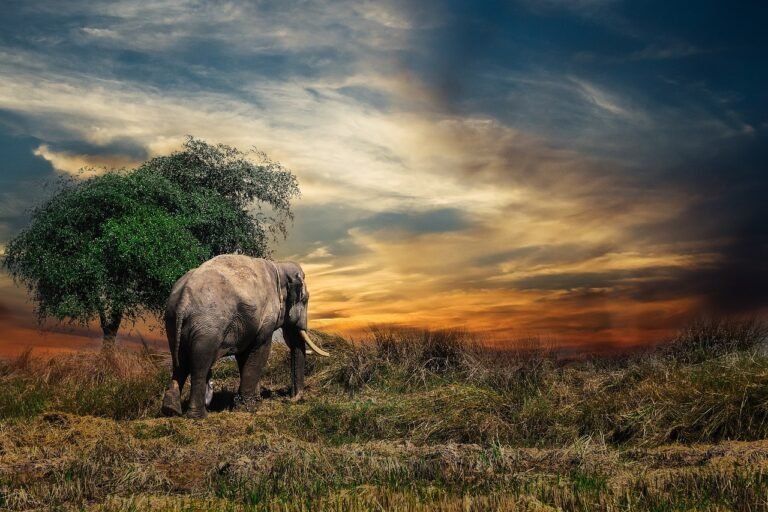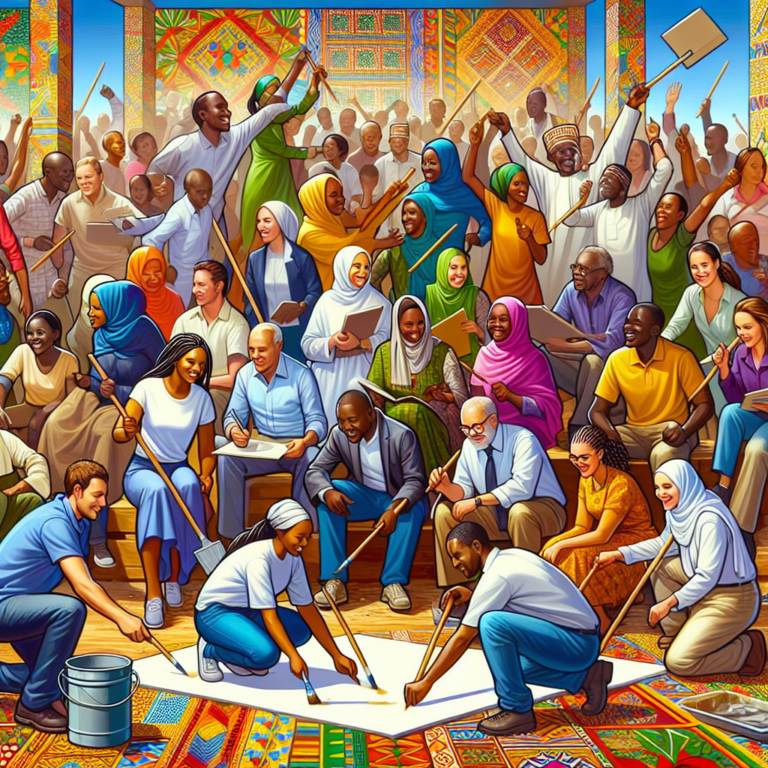How Do Kenyans Commemorate Historical Events?
In Kenya, the rich tapestry of historical events is woven into the fabric of the nation’s collective memory. From the struggle for independence to significant victories and cultural milestones, Kenyans have a unique way of commemorating these moments. Through vibrant celebrations, traditional ceremonies, and artistic expressions, they honor their history while embracing the future. Whether it’s through dance, music, storytelling, or visual arts, Kenyans exemplify the true essence of commemoration by keeping their past alive and ensuring its legacy for generations to come.
Major national holidays
Independence Day
Independence Day is one of the most significant national holidays in Kenya. Celebrated on December 12th, it marks the day when Kenya gained its independence from British colonial rule in 1963. It is a day filled with joy and patriotism, where Kenyans come together to celebrate their freedom and reflect on the struggles and sacrifices made by their ancestors. Festivities include parades, concerts, cultural performances, and fireworks displays. Families and friends gather to enjoy traditional foods and spend quality time, while the national flag is proudly hoisted across the country.
Madaraka Day
Madaraka Day, celebrated on June 1st, holds immense importance as it commemorates the day Kenya attained self-rule in 1963. The word “Madaraka” translates to “authority” in Swahili, reflecting the newfound power of the Kenyan people to govern themselves. On this day, Kenyans pay tribute to their leaders who fought for independence, and reflect on the progress made as a nation. Festivities typically include speeches by government officials, cultural performances, exhibitions, and sporting events.
Mashujaa Day
Mashujaa Day, also known as Heroes’ Day, is celebrated on October 20th to honor the brave individuals who played significant roles in Kenya’s struggle for independence and those who continue to make positive contributions to society. This national holiday provides an opportunity for Kenyans to acknowledge the heroes and heroines who have made a difference in various fields, including education, arts, sports, and politics. The day is marked with parades, performances showcasing Kenyan heroes’ stories, and the awarding of national honors to those who have made exceptional contributions to the nation.
Statues and monuments
Significance of statues
Statues hold a special place in commemorating historical events and honoring notable individuals in Kenya. These physical representations serve as reminders of the sacrifices made by past generations and inspire present and future generations to strive for greatness. Statues also provide a visual connection to history, allowing people to remember and learn from the achievements and challenges of those who came before them.
Famous monuments in Kenya
Kenya is home to several famous monuments that carry significant historical and cultural importance. One such example is the Jomo Kenyatta Mausoleum, dedicated to Kenya’s first President and founding father, Mzee Jomo Kenyatta. Located in Nairobi, the mausoleum stands as a symbol of Kenyan independence and the leadership that paved the way for the nation’s progress. Another renowned monument is the Dedan Kimathi Statue in Nairobi, honoring the freedom fighter who played a key role in the Mau Mau uprising against British colonial rule.
Museums and exhibitions
National Museums of Kenya
The National Museums of Kenya is a prominent institution that plays a crucial role in preserving and showcasing Kenya’s rich cultural and historical heritage. The museums, spread across the country, house diverse collections of artifacts, fossils, artworks, and documents that tell the story of Kenya’s past. These exhibitions provide a deep insight into various aspects of Kenyan history, including pre-colonial times, colonization, and the struggle for independence. The National Museums of Kenya also organize educational programs, workshops, and special exhibitions to promote a greater understanding and appreciation of Kenya’s cultural diversity and history.
Kenyan National Archives
The Kenyan National Archives serves as a vital resource for researchers, historians, and the general public seeking to delve into the documents, photographs, maps, and records that shape Kenya’s history. The archives hold a vast collection of materials that provide invaluable insights into major historical events, including the struggle for independence and the post-independence era. Researchers and scholars can access primary sources, allowing them to piece together the historical narrative and gain a deeper understanding of Kenya’s past.
Commemorative ceremonies
Memorial services
Memorial services are solemn and reflective events held to honor the memory of individuals who have played significant roles in shaping Kenya’s history. These ceremonies often take place at the burial sites or dedicated memorials of national heroes, such as founding fathers, fallen soldiers, or prominent figures in the fight for independence. Memorial services provide an opportunity for Kenyans to come together, pay their respects, and reflect on the contributions and sacrifices made by these individuals.
Wreath-laying ceremonies
Wreath-laying ceremonies are a common practice during commemorative events in Kenya. This symbolic gesture involves placing wreaths or floral arrangements at monuments, gravesites, or memorial structures to honor and remember those who have made extraordinary contributions to the nation. These ceremonies often involve government officials, military personnel, and representatives from various sectors of society, coming together to lay wreaths and pay respects to the individuals being commemorated. It is a way for the nation to show gratitude and ensure that the sacrifices of these individuals are never forgotten.
Historical reenactments
Kenyan Battle of Kapsa
Historical reenactments bring the past to life, allowing Kenyans to experience significant events firsthand. One notable reenactment is the Battle of Kapsa, which took place during the Mau Mau uprising against British colonial rule. The reenactment involves participants dressing in period costumes and reenacting the key moments of the battle, providing a vivid portrayal of the challenges and bravery displayed by those involved. These reenactments serve as powerful educational tools, helping people understand and connect with their history in a tangible and immersive way.
Educational initiatives
Teaching history in schools
Education plays a vital role in ensuring that future generations have an understanding of their country’s history and its significance. In Kenya, teaching history in schools is an essential aspect of the curriculum, providing students with a comprehensive understanding of their nation’s past. Through historical lessons, students learn about important events, key figures, and the struggles and achievements that have shaped Kenya. This knowledge not only fosters a sense of pride and identity but also instills critical thinking skills as students analyze historical events and their implications.
Public lectures and seminars
Public lectures and seminars are educational initiatives that aim to promote a deeper understanding and appreciation of Kenya’s history and its relevance to contemporary issues. Esteemed scholars, historians, and experts in various fields share their research, insights, and perspectives, sparking meaningful discussions and expanding public knowledge. These lectures and seminars provide an opportunity for Kenyans from all walks of life to engage in thought-provoking conversations, learn from experts, and develop a deeper appreciation for the country’s cultural heritage.
Media coverage and documentaries
Historical event documentaries
Documentaries offer a powerful visual medium for preserving and presenting history. In Kenya, historical event documentaries have been instrumental in recounting major milestones, struggles, and achievements. Through interviews, archival footage, and expert analysis, these documentaries provide a comprehensive narrative that brings historical events to life. They serve as valuable educational resources, allowing viewers to gain insights into the nation’s past, understand the context of key events, and appreciate the efforts of those who have shaped Kenya’s history.
News coverage of commemorative events
The media plays a significant role in covering commemorative events, ensuring that the wider public is aware of and engaged with the nation’s historical milestones. News outlets use their platforms to highlight the significance of these events, share stories of heroism, and showcase the efforts being made to preserve and honor Kenya’s historical legacy. Through live broadcasts, interviews, and in-depth reporting, news coverage enables Kenyans to participate in commemorations even if they are unable to attend in person, fostering a shared sense of national pride and unity.
Artistic expressions
Music and dance performances
Music and dance have long been used as powerful forms of artistic expression and communication in Kenya. During commemorative events, traditional and contemporary musical performances and dance routines are often included to showcase the nation’s cultural heritage and celebrate its history. These performances evoke strong emotions, create a sense of unity, and serve as a reminder of the struggles and triumphs that define Kenyan society. By incorporating music and dance into commemorations, Kenyans are able to connect with their history on a deeper level and appreciate the role these art forms play in preserving their cultural identity.
Theater plays and films
Theater plays and films provide unique opportunities to engage audiences with historical narratives and bring stories to life on stage and screen. Kenyan playwrights and filmmakers have embraced these mediums to explore historical events, paying homage to those who have shaped the nation’s past. In both live theater performances and cinematic productions, audiences can witness the struggles and triumphs of significant figures, gain insights into complex historical contexts, and develop a deeper appreciation for Kenya’s cultural heritage. These artistic expressions not only entertain but also educate and inspire audiences to reflect on their history and its lessons.
Commemorative coins and stamps
Kenyan commemorative coins
Commemorative coins hold a special place in honoring historical events and influential individuals in Kenya. These specially minted coins often feature symbolic designs, national emblems, or portraits of prominent figures. By issuing commemorative coins, the Central Bank of Kenya pays tribute to significant milestones, including independence, anniversaries, and the achievements of national heroes. These coins serve as tangible mementos, allowing Kenyans to carry a piece of their history with pride and commemorate important moments in their nation’s journey.
Commemorative postage stamps
Similarly, commemorative postage stamps serve as miniature works of art that highlight important historical events and individuals. These stamps often feature notable figures, landmarks, or symbols associated with significant milestones in Kenya’s history. By releasing commemorative stamps, the Postal Corporation of Kenya not only acknowledges the contributions of key individuals but also raises awareness among those who use these stamps for sending mail. Commemorative postage stamps allow Kenyans to celebrate their history and share it with the world through the global postal network.
Community projects
Historical research projects
Community projects focused on historical research contribute to a deeper understanding of Kenya’s past and help preserve its heritage. These projects involve collaboration between researchers, local communities, and organizations, aiming to uncover and document lesser-known stories, oral traditions, and cultural practices. By gathering and analyzing historical data, these projects shed light on the experiences of different communities and contribute to a more inclusive historical narrative. The involvement of local communities ensures that their perspectives and voices are heard, enriching the collective understanding of Kenya’s history.
Preservation of historical sites
Preserving historical sites is vital to safeguarding Kenya’s physical heritage and ensuring that future generations can connect with their country’s history. Community-led initiatives play a crucial role in protecting and maintaining these sites, often collaborating with government bodies, non-profit organizations, and local communities. Through restoration efforts, awareness campaigns, and conservation programs, historical sites are preserved for educational purposes, tourism, and as a source of national pride. By actively engaging in the preservation of historical sites, Kenyans contribute to the collective memory and ensure the continuity of their history for years to come.
In conclusion, Kenyans have developed a wide range of commemorative practices to honor and remember their history. Major national holidays, statues and monuments, museums and exhibitions, commemorative ceremonies, historical reenactments, educational initiatives, media coverage and documentaries, artistic expressions, commemorative coins and stamps, and community projects all play significant roles in preserving and celebrating Kenya’s rich heritage. Through these various means, Kenyans strive to deepen their understanding of their history, cultivate a sense of national pride, and ensure that the sacrifices and achievements of past generations are never forgotten.

